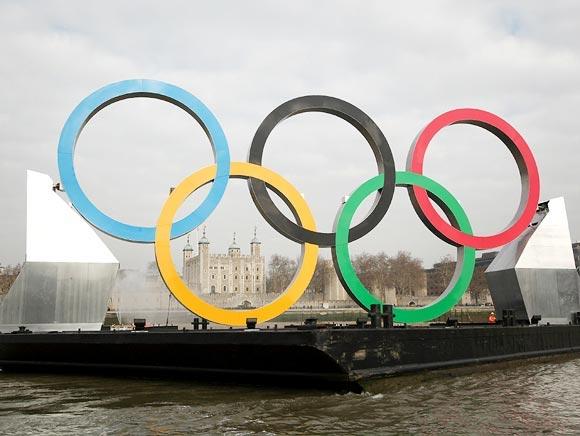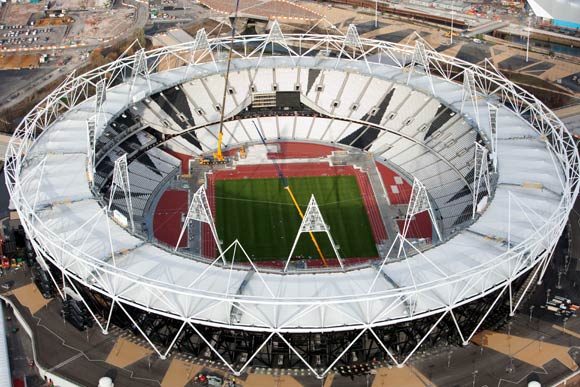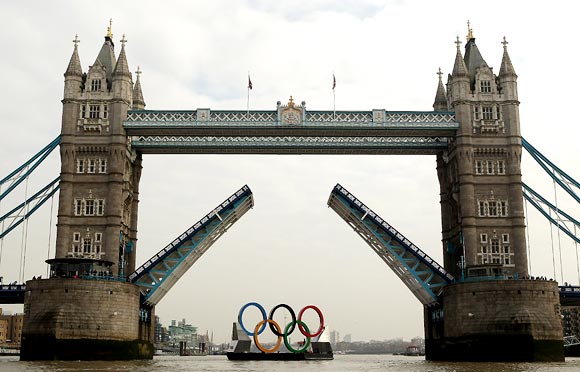 | « Back to article | Print this article |
London Olympics will cost more than 11 billion pounds
The Olympics in London this year will cost more than 11 billion pounds to set up and stage, the majority of it coming from public funds when the government is cutting spending hard in other areas.
How does the funding of the Games work?
Building and protecting the venues
The British government has earmarked 9.3 billion pounds in public funds to transform a rundown part of east London into the Olympic Park and to provide the security to ensure the Games can be held safely.
The government says it still has more than 500 million pounds in unspent contingency funding available and is confident the Games will come in under budget. However, the bill is more than double what was pencilled in when London was awarded the Games seven years ago.
Two-thirds of the funds come from central government, 23 percent from the national lottery and the remaining 10 percent from London local authorities.
Staging the Games
The London Organising Committee (LOCOG) has a separate 2 billion pound budget for staging the Games, most of it raised from private sources.
LOCOG CEO Paul Deighton says he expects to deliver a balanced budget once the Games are over.
The organisers secured 41 domestic sponsors, raising around 700 million pounds. They also get to keep revenue from ticket sales -- more than 600 million pounds -- and a smaller sum from selling souvenir merchandise.
London will get $376 million from international sponsors -- two-thirds of that in the form of goods and services rather than cash. It also receives an additional $675 million from the International Olympic Committee (IOC) for staging the Games
The IOC's money
Broadcast revenue for the London Games and the Winter Olympics in Vancouver has risen to $3.9 billion -- a record for a four-year Olympic cycle.
The IOC has 11 global sponsors who pay $957 million for worldwide rights to market their products on the back of the Games. It distributes more than 90 percent of its income to host nations, national delegations and international sports federations.
The rising value of TV rights and sponsorship has helped the IOC to amass reserves of $592 million which it says serves as a buffer in case a Games cannot be held at any point.

© Copyright 2025 Reuters Limited. All rights reserved. Republication or redistribution of Reuters content, including by framing or similar means, is expressly prohibited without the prior written consent of Reuters. Reuters shall not be liable for any errors or delays in the content, or for any actions taken in reliance thereon.



